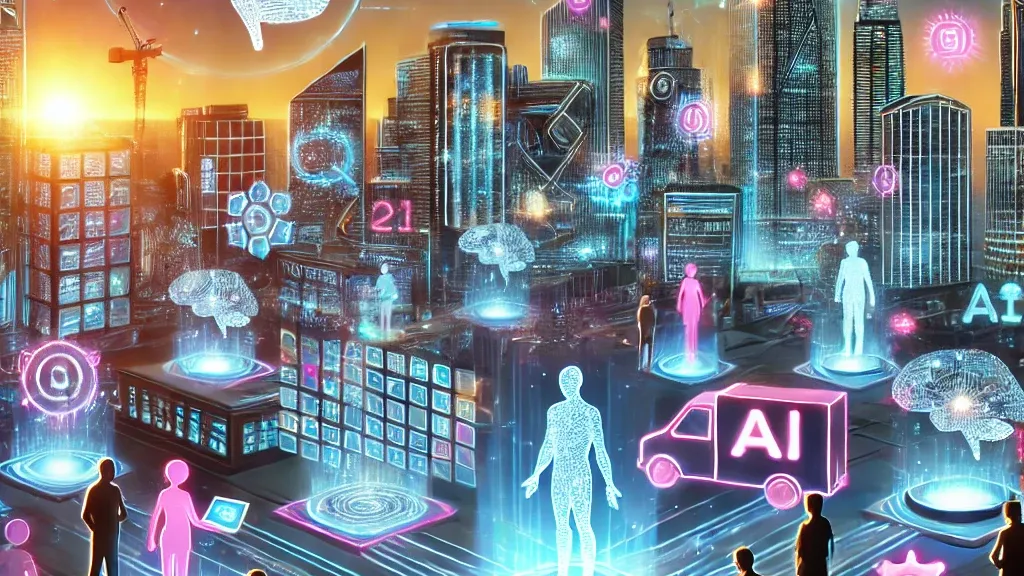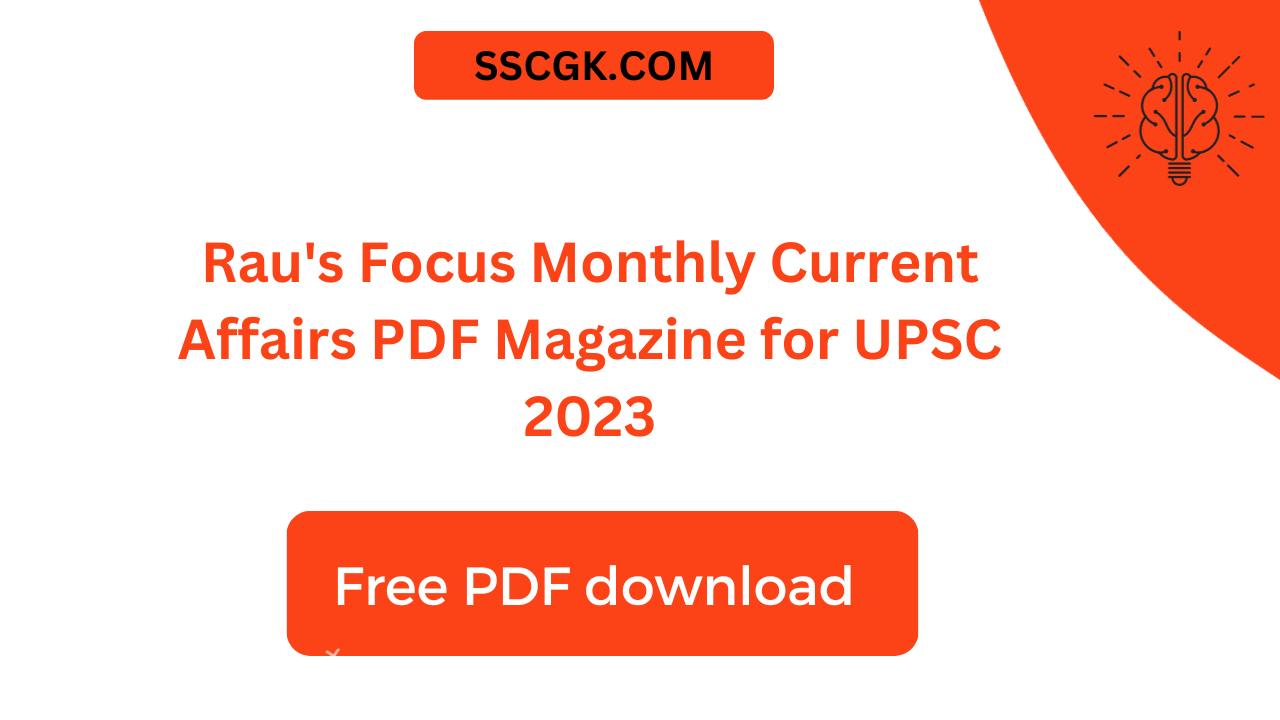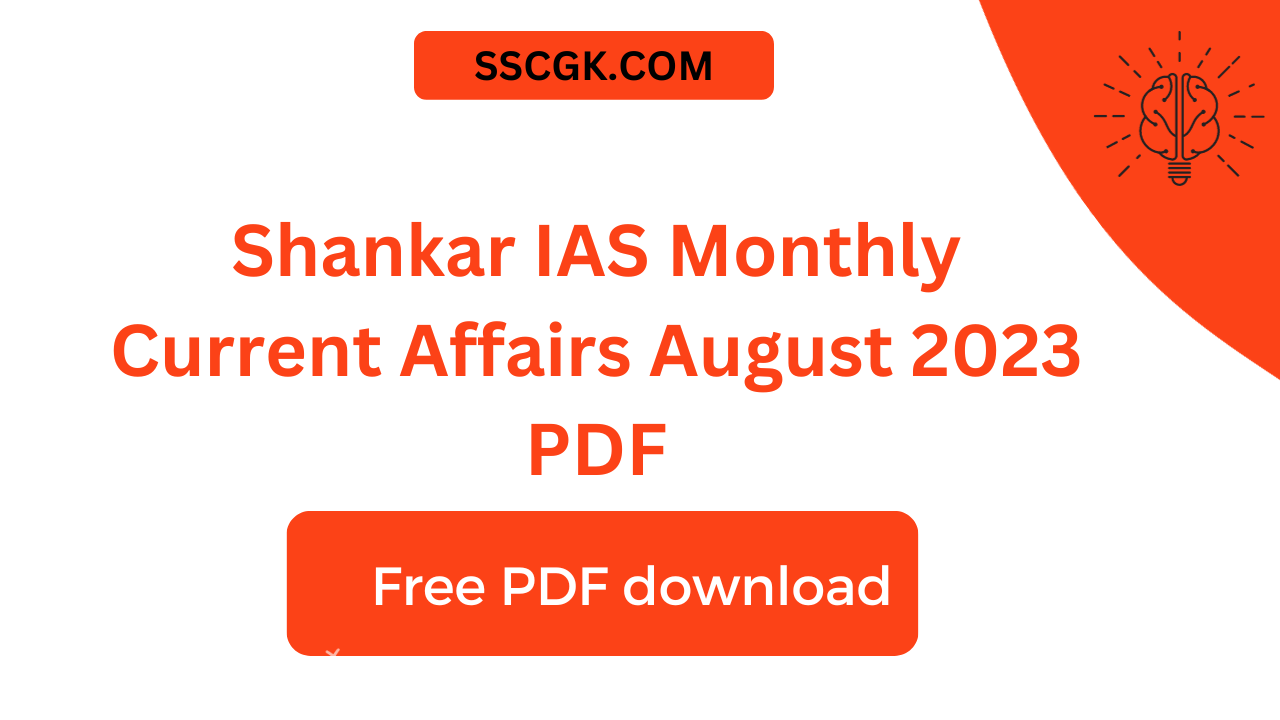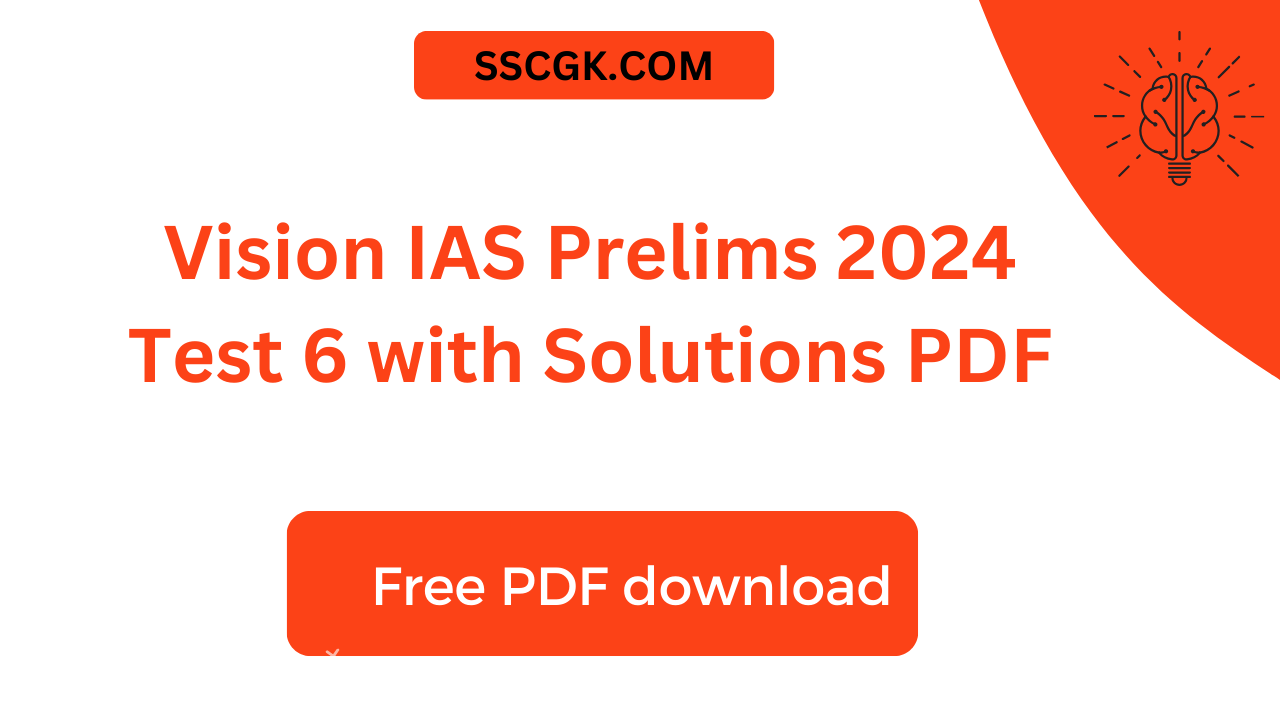Artificial Intelligence (AI) is no longer just the realm of sci-fi movies—it’s shaping industries, transforming businesses, and redefining how we interact with technology. As we look toward 2025 and beyond, the pace of innovation in AI shows no signs of slowing down. From advancements in machine learning to ethical considerations, here are the key trends set to dominate the AI landscape.
1. Generative AI Revolution: Creativity Unleashed
Generative AI tools like ChatGPT and DALL·E have already demonstrated their potential in content creation, design, and even coding. In 2025, expect generative AI to expand further into industries such as entertainment, marketing, and healthcare.
- Personalized Content Creation: AI will be capable of crafting hyper-personalized content for individuals, from tailored ads to custom video messages.
- Augmented Creativity: Artists, writers, and designers will increasingly use AI as a co-creator, accelerating workflows while pushing creative boundaries.
2. AI in Healthcare: Diagnosis, Treatment, and Beyond
AI’s role in healthcare is poised for a quantum leap, with applications becoming more precise and widespread.
- Predictive Diagnostics: AI-powered systems will analyze patient data to predict diseases before symptoms appear, enabling early intervention.
- Personalized Medicine: Machine learning algorithms will customize treatment plans based on individual genetic profiles, improving outcomes.
- Surgical Assistance: Robotic surgeries powered by AI will offer enhanced precision and reduce recovery times.
3. Ethical AI: Balancing Innovation with Responsibility
As AI becomes more powerful, the demand for ethical frameworks will grow. Governments, organizations, and tech leaders will need to address pressing concerns.
- Bias Mitigation: Efforts will focus on ensuring AI algorithms are fair and inclusive, minimizing systemic bias.
- Transparency: There will be a push for explainable AI, where users can understand how decisions are made.
- Regulation: Expect stricter regulations around AI usage, particularly in sensitive sectors like finance and healthcare.
4. AI and the Workforce: Collaboration Over Replacement
AI’s impact on jobs is a hot topic. While automation may eliminate some roles, it will also create new opportunities.
- Upskilling: Organizations will invest in reskilling their workforce to adapt to AI-enhanced roles.
- Human-AI Collaboration: AI will augment human capabilities rather than replace them, fostering a new era of productivity.
- Job Creation: Emerging AI-driven industries, such as autonomous vehicles and smart manufacturing, will generate novel career paths.
5. AI-Powered Sustainability: Solving Global Challenges
AI is set to play a critical role in tackling pressing environmental and societal issues.
- Climate Change Mitigation: AI models will optimize renewable energy usage, predict natural disasters, and reduce carbon footprints.
- Smart Cities: From traffic management to waste reduction, AI-driven systems will enhance urban living.
- Agriculture 4.0: AI will revolutionize farming practices with predictive analytics and precision agriculture, boosting food security.
6. The Rise of Edge AI: Speed and Privacy Redefined
Edge AI—processing data locally on devices rather than relying on cloud computing—is set to gain traction.
- Faster Processing: By reducing latency, Edge AI will enable real-time applications in autonomous vehicles and IoT devices.
- Enhanced Privacy: Storing data locally will alleviate privacy concerns, particularly in sectors like healthcare and finance.
- Energy Efficiency: Edge AI systems will consume less power, making them ideal for resource-constrained environments.
7. AI-Driven Education: Redefining Learning
AI is transforming how we learn, making education more accessible, personalized, and engaging.
- Adaptive Learning Platforms: AI will tailor educational content to suit individual learning paces and styles.
- Virtual Tutors: Intelligent chatbots and AI tutors will provide instant support to students.
- Skill Gap Solutions: AI-driven platforms will identify skill gaps and recommend targeted learning paths for career growth.
Final Thoughts: A Future Fueled by AI
As we head into 2025 and beyond, AI will continue to evolve, driving innovation while posing new challenges. The key to harnessing its potential lies in a balanced approach—leveraging its capabilities responsibly while addressing ethical, social, and economic concerns.
The future of AI is bright, dynamic, and full of possibilities. Staying informed and adaptable will be crucial for individuals, businesses, and societies as we navigate this transformative era.
By focusing on these trends and preparing for the shifts ahead, we can embrace the incredible potential AI offers while shaping a better future for all.
Let me know if you’d like to further optimize this article with keywords or make it more tailored for SEO purposes!










